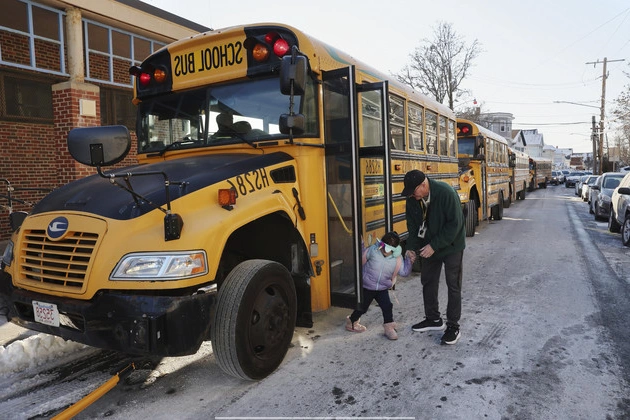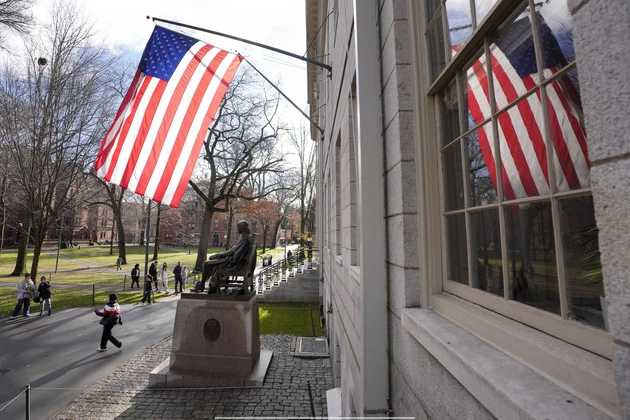
Education Programs in Turmoil: Navigating the Funding Freeze
Education programs nationwide faced unprecedented uncertainty and chaos following the Trump administration’s announcement of a federal funding freeze. As government officials scrambled to mitigate the effects of this directive, institutions grappled with the paralysis of agency functions.
The Initial Turmoil
Before judicial intervention, Head Start providers found themselves locked out of essential digital systems, sparking concerns among colleges, universities, and minority-serving institutions about the fate of research grants and funding.
“This is not merely a temporary pause in funding; it is an indefinite hold,” emphasized Sarah Abernathy, a seasoned advocate for education funding. The executive director of the Committee for Education Funding highlighted the legal implications and real-world consequences of the funding freeze.
Repercussions on Head Start Programs
Head Start programs, catering to children from low-income families, initially encountered difficulties accessing their payment management system. While White House clarification later eased concerns over grant impacts, the episode left program directors grappling with uncertainty.
With over 800,000 children benefiting from these programs, the funding uncertainty sent ripples across communities relying on these resources for essential services and education.
Clarity Amidst Chaos
Despite the concerns, federal aid for low-income students and special education remained untouched by the administration’s directives. Notably, student loans, Pell Grants, and other financial assistance programs also remained unaffected by the freeze.
However, discretionary grants supporting various educational initiatives faced a pause, necessitating detailed program submissions and scrutiny by agencies.
Concerns in Higher Education
The National Science Foundation’s cancellation of research grant review panels and the freeze on federal grants raised alarms in higher education circles. The lack of clarity and coordination across agencies added to the apprehension among institutions and researchers.
Higher education advocates voiced concerns over the potential long-term impact on research and educational programs, urging for clear guidance and transparency from the Education Department.
Looking Ahead
As the education sector navigates these turbulent times, stakeholders await further guidance to understand the full extent of the freeze’s implications. Clarity on program criteria and funding assurances are essential to mitigate disruptions and ensure continuity in educational services.















